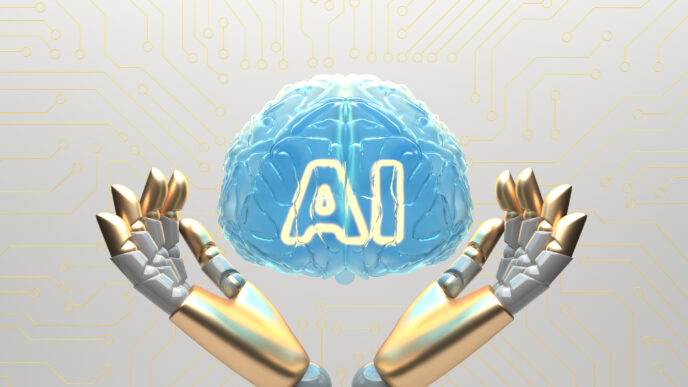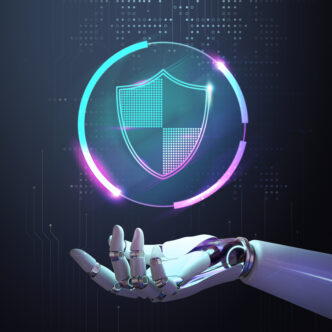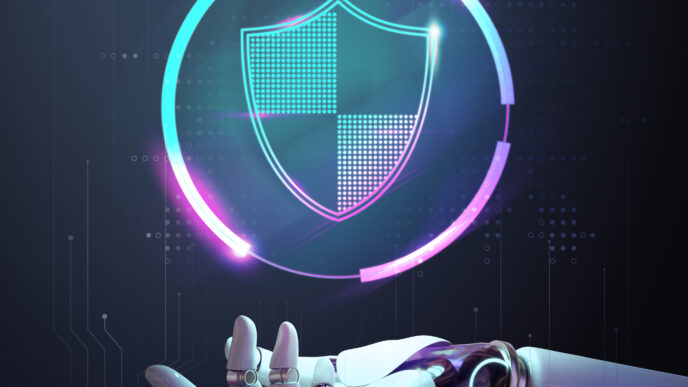As digital threats become more advanced, cybersecurity is entering a new era powered by artificial intelligence. In this edition of AI News
, we explore how AI is being used to predict, prevent, and fight back against cyberattacks in 2025—and why businesses, governments, and individuals are relying on it more than ever.
The Growing Need for Smarter Cybersecurity
Cybercrime has surged globally, with threats like ransomware, phishing, and deepfake scams becoming more frequent and sophisticated. Traditional security systems are no longer fast enough to detect and respond to these threats in real time.
Enter Artificial Intelligence—a game changer in the battle for online safety.
How AI Is Revolutionizing Cybersecurity
AI-powered cybersecurity systems offer:
1. Real-Time Threat Detection
AI can analyze massive amounts of data instantly to spot unusual behavior—such as sudden data transfers, login attempts from suspicious locations, or abnormal user activity—flagging threats before damage is done.
2. Automated Response Systems
AI doesn’t just detect threats—it acts. Modern AI tools can automatically block malicious IP addresses, isolate infected systems, and neutralize threats without human intervention.
3. Predictive Threat Intelligence
AI uses machine learning to learn from past attacks and predict future vulnerabilities, helping organizations strengthen their defenses proactively.
4. Email and Phishing Protection
AI scans emails for signs of fraud or phishing attempts, protecting employees and users from falling victim to cleverly disguised scams.
Top AI Tools in Cybersecurity (2025 Edition)
- CrowdStrike Falcon: AI-powered endpoint protection and threat intelligence.
- IBM QRadar: Helps organizations detect complex threats and automate response actions.
- Microsoft Defender with Copilot AI: Integrates large language models to interpret threats faster and guide human teams.
Real-World Examples
- Banks & Financial Services are using AI to detect fraud within milliseconds, preventing unauthorized transactions.
- Healthcare providers protect patient data using AI systems that monitor internal networks for breaches.
- Government agencies use AI to safeguard national infrastructure from cyber espionage and cyberwarfare.
Challenges in AI Cybersecurity
While AI is powerful, it’s not perfect. Challenges includ
- Data privacy: AI systems need data to learn, which can raise ethical concerns if not handled correctly.
The Future of Cybersecurity Is AI-Powered
As we move further into the digital age, AI isn’t just assisting cybersecurity—it’s becoming its core. From startups to multinational corporations, AI is giving defenders the upper hand in a high-stakes battle against cybercriminals.











